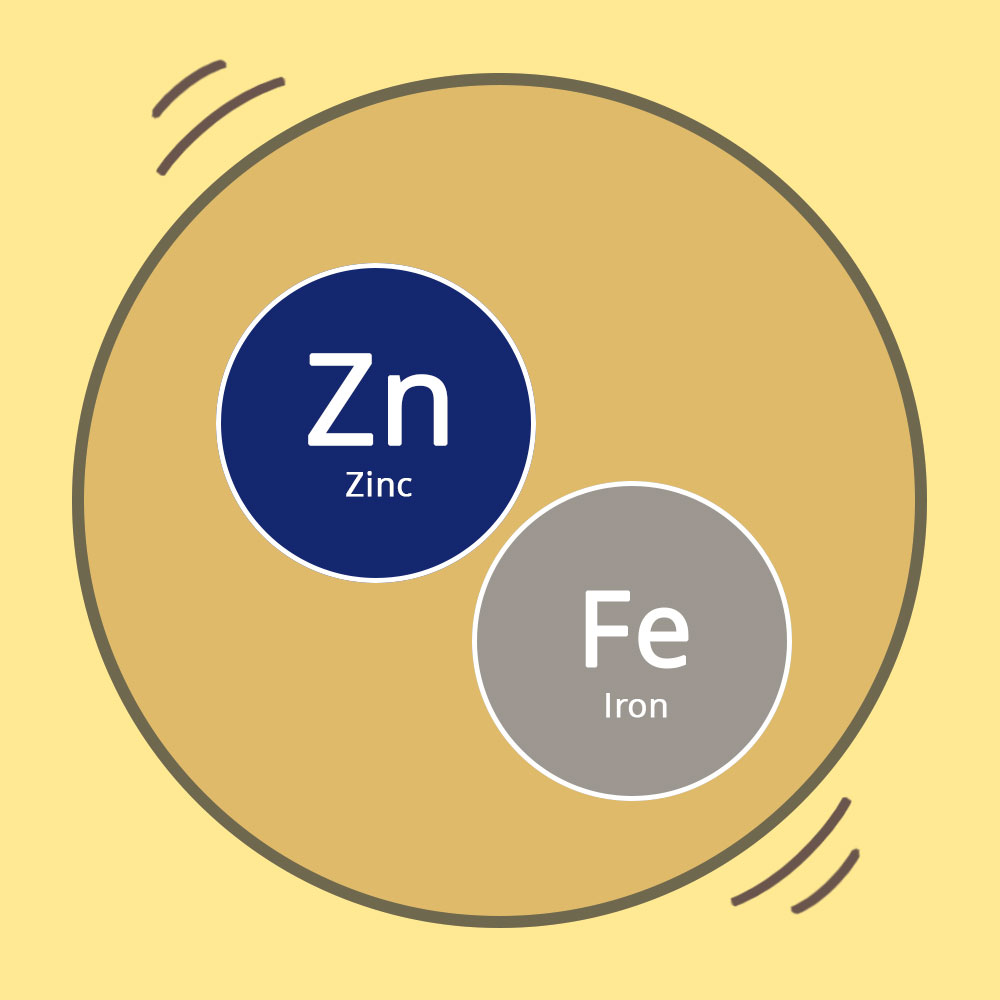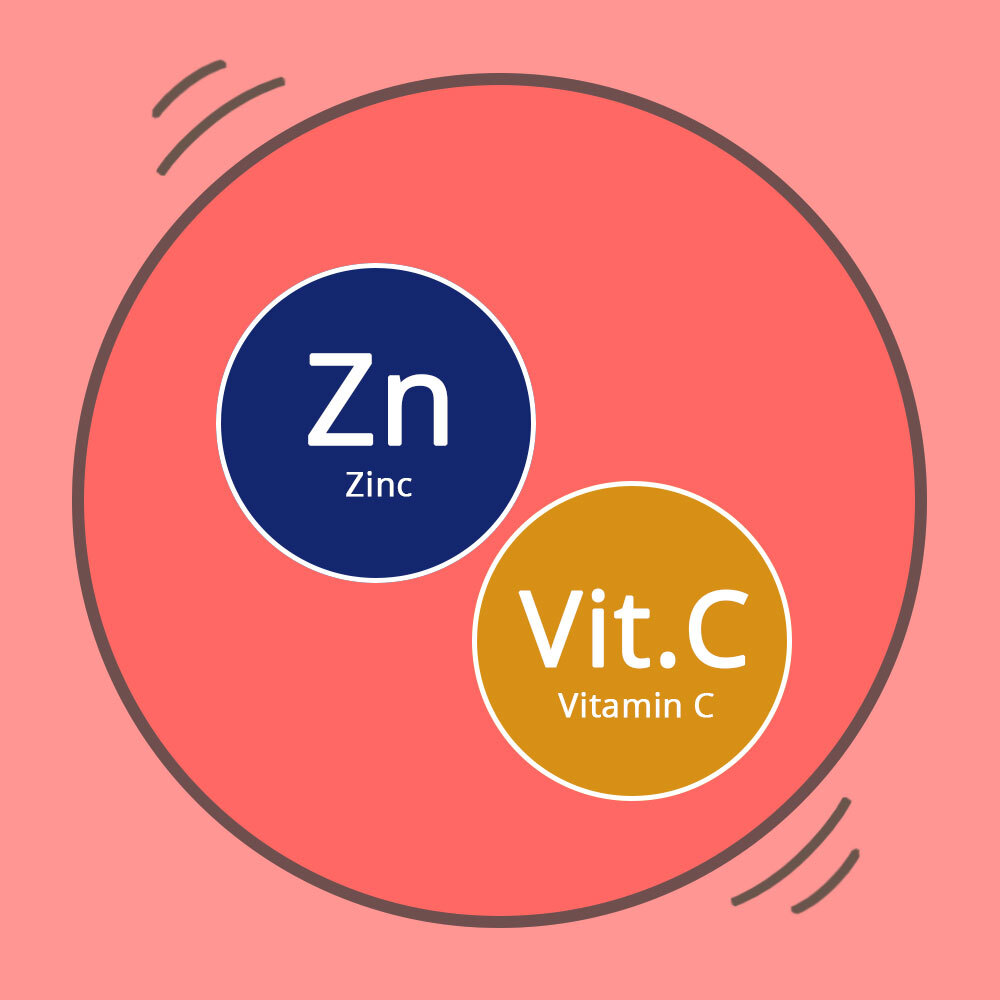Understanding amino acid chelated minerals

Questions answered in this article:
The most common mineral supplements are calcium and magnesium, but there are plenty more that we need - iron, copper, boron, manganese, chromium and zinc. Minerals are needed for almost every function of the body, from proper muscle contraction to building a strong immune system. Although minerals are essential for health, they are actually not that easily absorbed. This can be especially problematic if you are deficient in a specific mineral and require supplementation to bring your levels back up. For this reason, it is important to consider the form of the mineral you are supplementing with to ensure the absorbability is the best it can be.
Amino acids, on the other hand, are easily absorbed into the bloodstream through the small intestines. Mineral supplements that are chemically bound to an amino acid have superior absorption as they too can be easily used by the body, because they are bound to an ideal partner. These types of mineral supplements are called mineral chelates.
Mineral Chelates – Superior Absorbability
By nature, minerals like zinc, magnesium and calcium among others, are poorly absorbed because they require sufficient stomach acid to be broken down into an absorbable form known as a mineral ion. Ionic minerals are the broken-down form of their naturally occurring compounds - this is the form that is absorbed by the body. When zinc is not ionized, the mineral cannot be used effectively.
What is a chelated mineral?
A chelate is a complex created when the mineral is chemically bound to an amino acid or an organic acid, so it can be better absorbed in the body. Chelate complexes have an advantage because they do not need to become ionic to be absorbed by the body. In the case of zinc, examples of zinc chelates with amino acids include zinc aspartate, zinc methionine, zinc lysinate and zinc bisglycinate. Similarly, examples of zinc chelates with organic acids include zinc acetate, zinc citrate, zinc gluconate and zinc picolinate. When comparing zinc chelates of organic acids with that of amino acids, the latter is found to be superior in absorbability.
The “Chelated” Advantage
Chelated zinc is bound to an amino acid or an organic acid. Because it is not an ionic compound, a zinc chelate supplement can be absorbed by a different type of channel, called the peptide channel, and does not rely on absorption through ionic channels. It is much easier for the body to absorb nutrients through peptide channels compared to ionic receptor channels In a study comparing the two, chelated forms of zinc were found to be more absorbed than non-chelated forms of zinc.
Chelated minerals require a lower dose to reach the same efficacy as a non-chelated mineral. Less unabsorbed zinc is wasted when you take a supplement with chelated zinc, so you can choose one with a lower potency and achieve the same effect.
In addition, chelated minerals are well tolerated and have minimal side effects compared to other forms. People who experience stomach pain after taking supplements may find themselves symptom-free when using chelated minerals, as they rely less on stomach acid for digestion and there is superior intestinal absorption.
How stable are chelate complexes?
A mineral is chelated by chemically dissolving the mineral in water and attaching an amino acid or organic acid. Chelate complexes are more thermodynamically stable – they require a high level of energy to be broken apart. When a mineral is bonded to an amino acid, they make a stable ring structure. Minerals that are bound to more than one amino acid, such as in zinc bis-glycinate (which has 2 glycine molecules), are even more stable. The more stable the complex, the more absorbable it will be as it is able to withstand the environment of the stomach and will not be broken down there.
With zinc chelate for instance, the chelated minerals will pass through the stomach intact and get absorbed in the small intestines through those specialized peptide channels, where it will then be carried to your cells to be used in critical functions all over the body.
Chelated Mineral Supplements
There is a wide variety of chelated mineral supplements available on the market; however, not all forms are created equal. Determine if a mineral is chelated by taking note of the amino or organic acid name, such as bis-glycinate, picolinate, and citrate. Mineral chelates provide highly absorbable sources of minerals to ensure that your body can make the most of the valuable minerals you are taking in.








